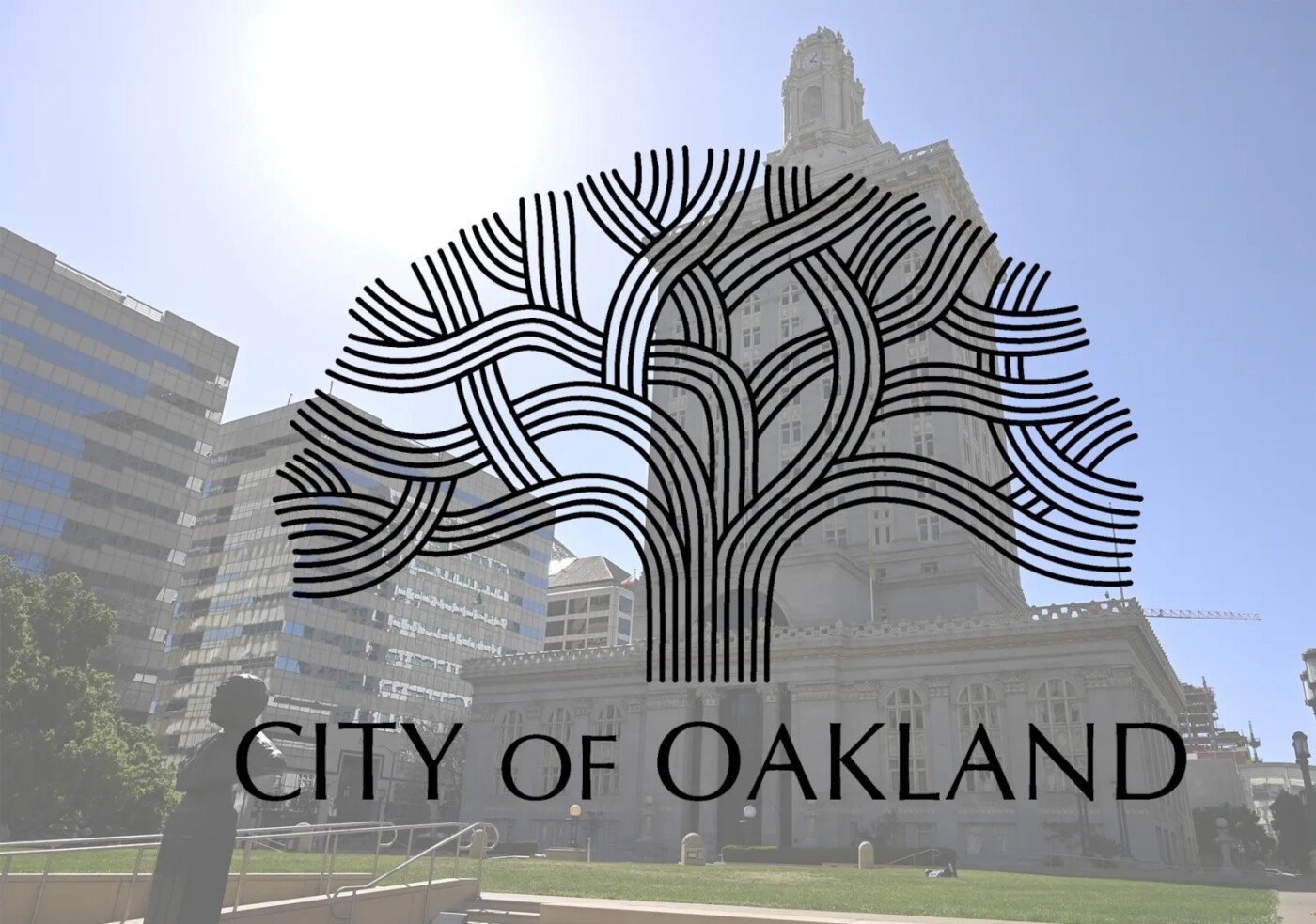Big cuts to programs and services are on the way as the Oakland City Council struggles to find the least painful way to close a projected $129 million one-year budget shortfall.
During the latest in a series of alarming budget hearings Monday, council members once again heard from top city staffers that they have a lot of decisions to make in order to bring Oakland’s spending to heel and balance its budget and none of them are good.
“I want to remind ourselves that as a City Council and as a city, we prioritize community safety as well as housing security and the essential services that keep our city healthy and clean, as well as collecting every dollar that is owed to us,” Council President Nikki Fortunato Bas said.
“And today, given our financial situation, we’re discussing a back-to-basics approach to both our budget and city services,” Bas said.
Council members were presented with a bevy of proposed cuts and adjustments from City Administrator Jestin Johnson that were released publicly on Friday, and that lean heavily on two main phases.
If approved by the council at its Dec. 17 meeting, the first phase would involve a little more than $204 million in cuts to city staff and police overtime spending, along with postponing one police academy, “browning out” two fire stations and transferring money into the general fund from other city sources, including almost $6 million from the Affordable Housing Trust Fund and almost $15 million from the Self Insurance Liability Fund.
It would also move nearly $10 million from the city’s Emergency Reserve fund — money that is apparently in excess of the total amount required by city policy to be in the fund.
More layoffs and labor concessions eyed
The second phase of the plan would cut nearly $16 million by laying off 92 people, browning out four more fire engine companies, negotiating concessions from the city’s labor unions or declaring a fiscal emergency and using emergency reserves.
Longer-term suggestions for future fiscal health include new sales and parcel taxes and merging some departments, like the Department of Transportation with Public Works.
During the hours-long hearing, the council heard from roughly 100 members of the public, many of them asking for vital programs to escape the chopping block, including arts and film programs, cultural heritage sites like the Peralta Hacienda, homeless services and after school programs.
“… A cut of more than $32 million to an already struggling police force is going to have dire impacts on police officers, Oakland residents and neighborhoods.”
Huy Nguyen, Oakland Police Officers Association
The city’s union leaders said they haven’t been invited to participate in the budget process and signaled a reluctance to grant concessions unless they are more fully involved.
Also, police and fire officials warned of dire consequences if the council cut their departments too much.
“The City’s newly released report on budget cuts is unacceptable and devastating to public safety,” Oakland Police Officers Association President Huy Nguyen wrote in a letter to the city. “All we know right now is a cut of more than $32 million to an already struggling police force is going to have dire impacts on police officers, Oakland residents and neighborhoods.”
Unions urge leaders to preserve jobs and services
On Sunday, Oakland municipal employee union leaders again called on city leaders to protect jobs and services in the face of the budget crisis.
“The decision to pursue layoffs and fire engine brownouts before taking all possible actions to avoid them is unacceptable,” said Seth Olyer, a firefighter and vice president of International Association of Fire Fighters Local 55, in a news release.
“It is incredibly frustrating that frontline workers are being told to take the fall for poor budgeting decisions,” said Julian Ware, a spatial data administrator and vice president of International Federation of Professional and Technical Engineers Local 21.
The union leaders said the city should revisit reforms unions have called for as a way to save money. Such reforms include eliminating longstanding funded but unfilled positions; improving business tax collection and improving parking enforcement.
Other reforms include auditing police department overtime; using civilian staff for certain roles in the police department; applying for workforce development grants; and reducing top-level executive pay.
Bay City News reporter Janis Mara contributed to this story.
The post Oakland eyes ‘back-to-basics’ budget with initial $204M in cuts to staff, police overtime appeared first on Local News Matters.
